Agri impact stakeholder Meeting
Women, persons between age 15 and 35 or persons with disability are strongly advised to apply for the Harnessing Agricultural Productivity and Prosperity for Youth (HAPPY) project, Agri-prenuer Training and the Coding and Front-End Developers Training.
This initiative by the Mastercard Foundation in partnership with Agri-Impact Limited is to develop strategic policies and advancing youth, gender, social inclusion and voice and agency.
The HAPPY program is creating equal job opportunities for young Ghanaian women and transform agri-food system through youth-led digital technologies and value addition.
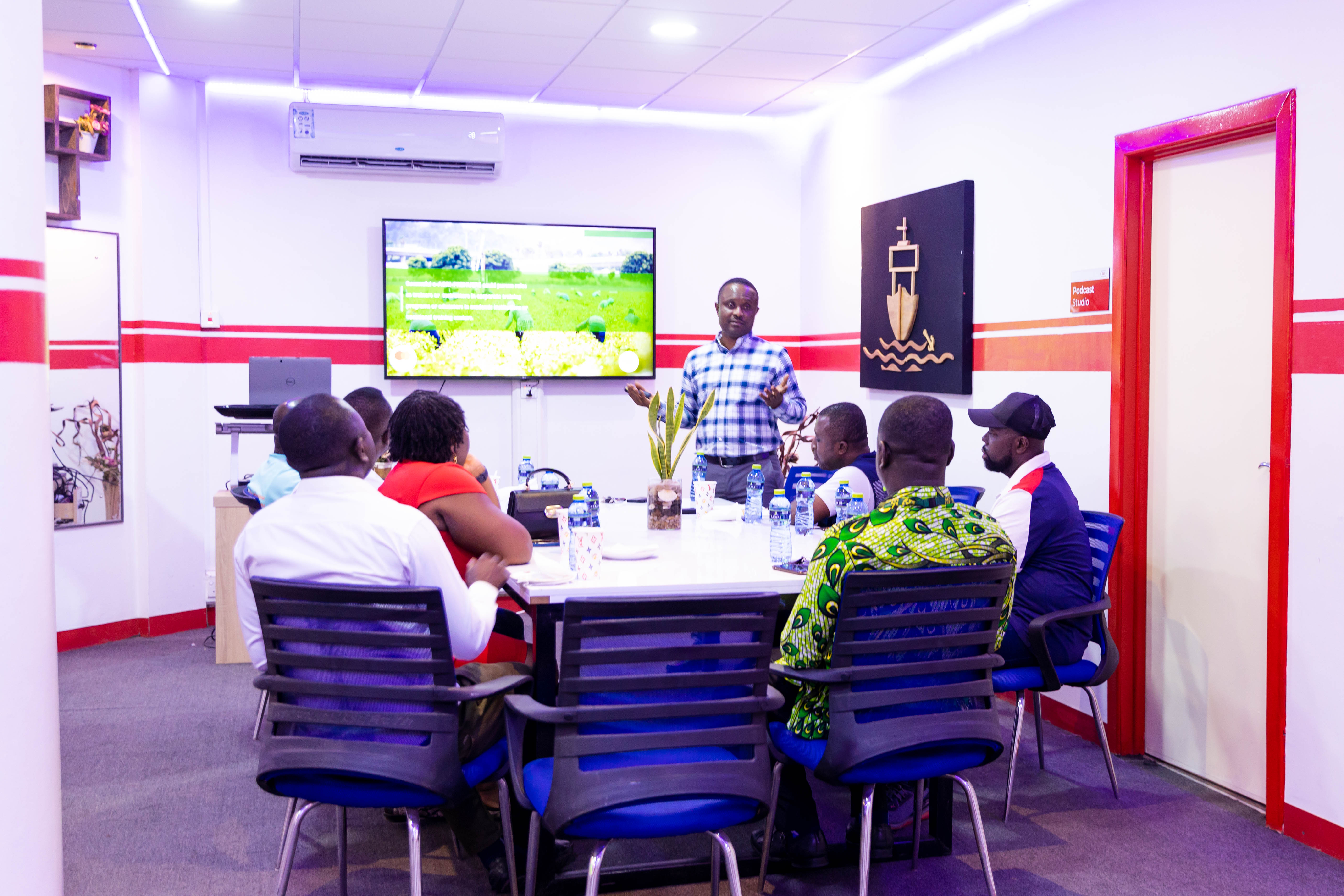
The Agri-preneur training seeks to build the capacity of 100 participating youth in innovative digital technological and pedagogical tools to establish their own businesses.
The Coding and Front-End Developers Training is a certificate-training program which will build the capacity of 100 national service trainees to have skillsets for creating technology start-ups, building websites, and launching digital products and services.
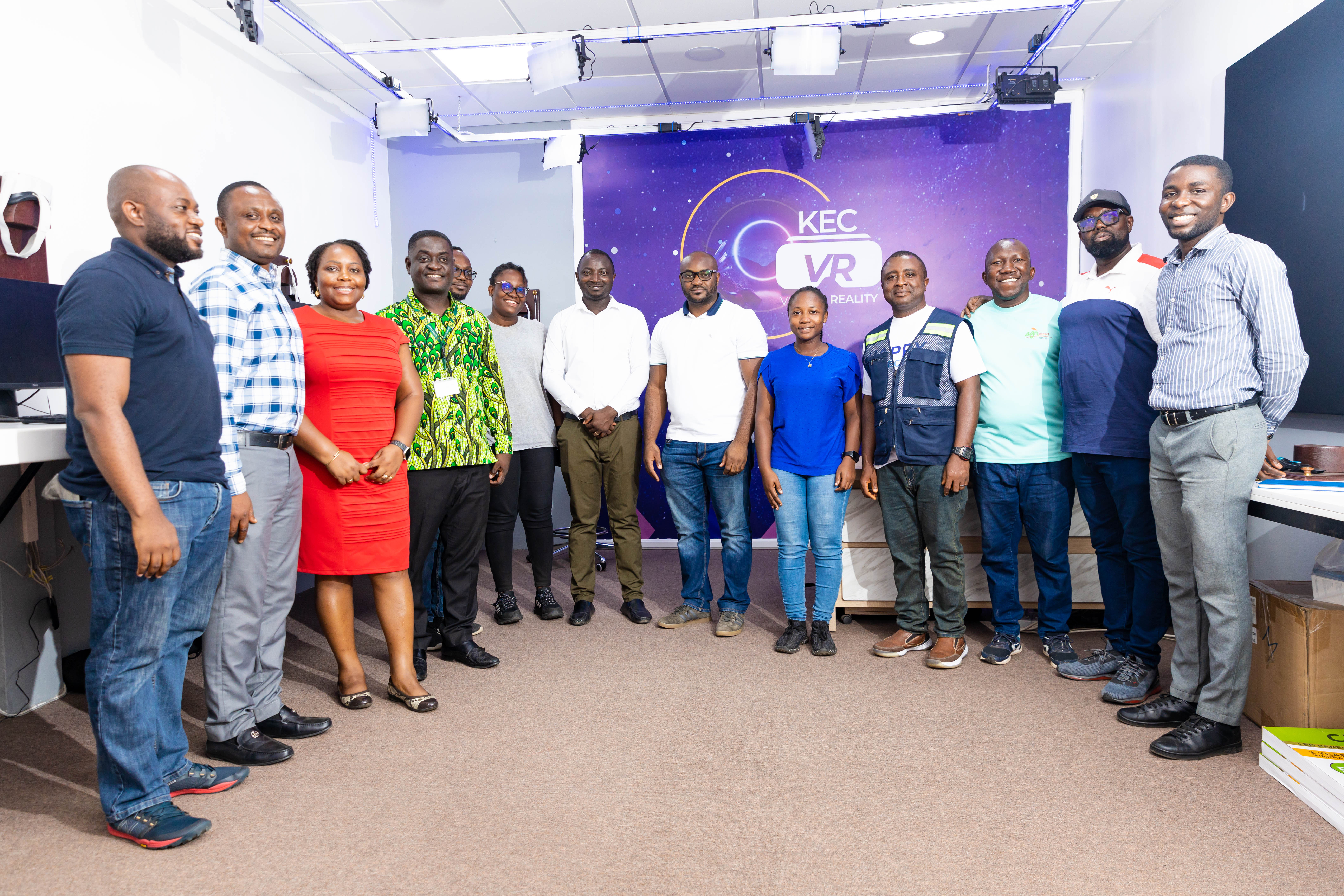
At a stakeholder meeting between officials from the Mastercard Foundation, Agri-Impact and the E-Learning Centre, Deputy CEO, Agri Impact Limited, Juliana Asante- Dartey, says opportunities are also open for individuals with existing businesses or women who desire to establish themselves in the agricultural sector.
The meeting was to provide a progress report to the implementing partners of the HAPPY project. “Let’s be clear that this is for people between 15 and 35 years, preferably young women. This does not mean we will not give young men or boys slots.
It is also open to person with disabilities as the E-Learning Centre has the facilities to accommodate some disabilities. This has to be made clear,” she revealed.
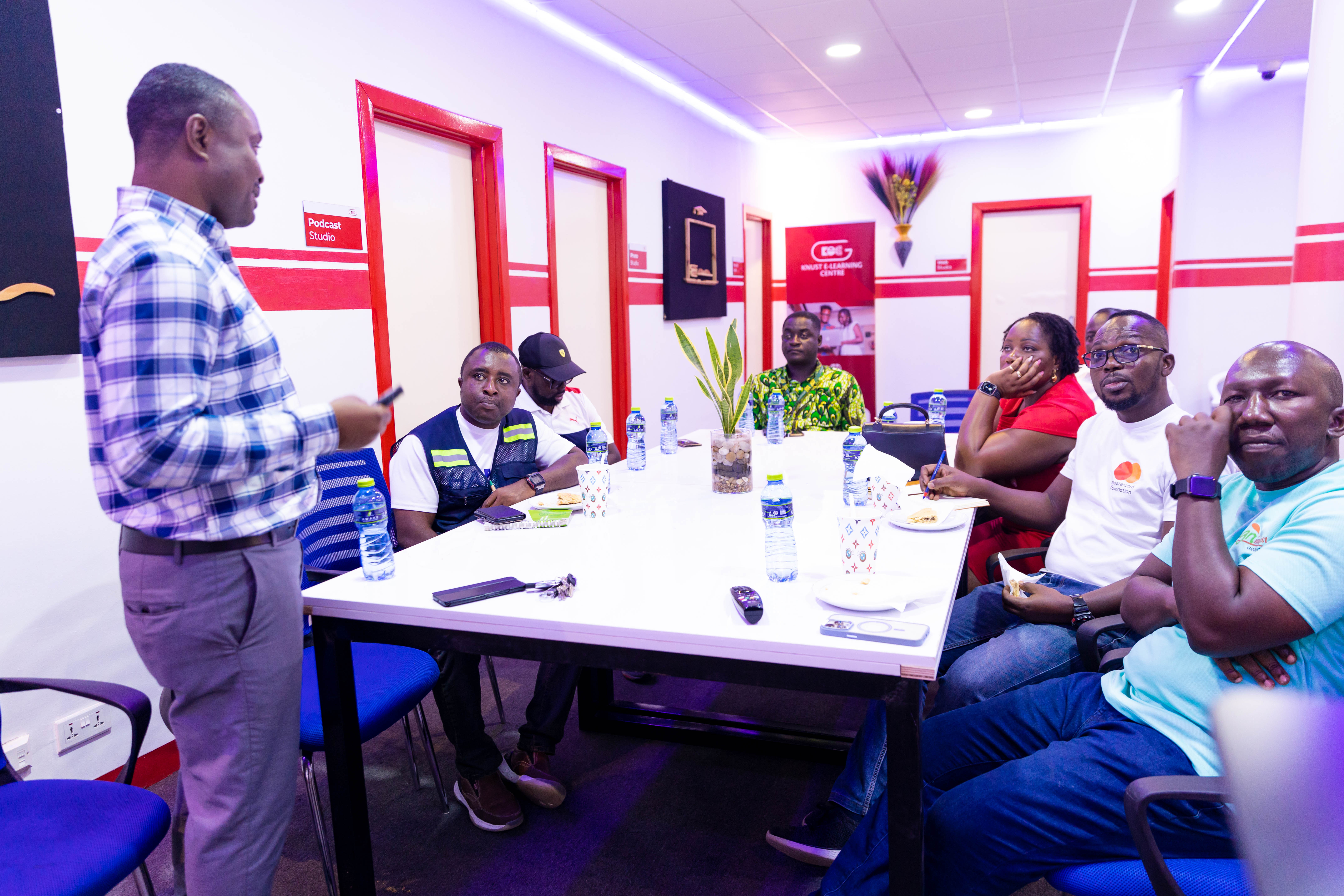
Director of the E-Learning, Professor Eric Appau-Asante, says the E-Leaning Centre will provide a platform that will be operable by all users. Applicants with disabilities will be able to navigate different parts of the platform with assistive devices.
“We do not exclude persons with disability. Even in the exams we do, there are people with special needs. For example, all first years have to write exams online, some cannot see or hold the mouse.
We give them special attention and provide support. Those persons are so dear to the heart of management,” he revealed.
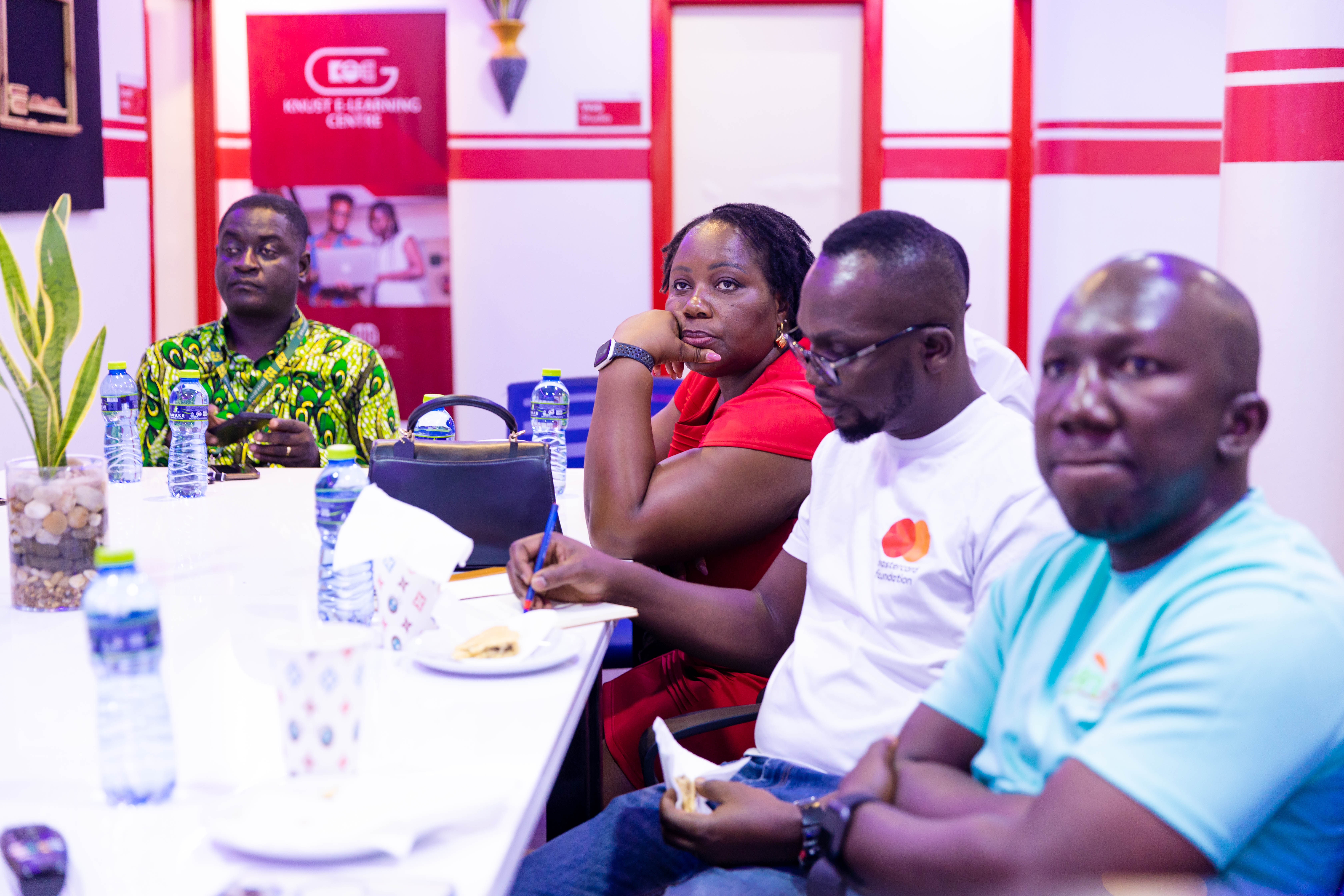
Juliana Asante- Dartey wants the criteria and processes applicants will go through clearly spelt out with emphasis on female applicants.
“We need to know what the criteria will be and who qualifies. The processes they will go through, whether in-person or virtual. What we will look out at every stage of the process should be made known to them.
So, if someone does not make it, they will understand that they went through the mill and did not qualify. They can try another time,” she advised.
Programs Lead, Mastercard Foundation Daniel Ninson, wants more impact stories from the project shared. This is to enable selected applicants become ambassadors, influencing others or little knowledge in agriculture to show interest in the Agri-Impact project.
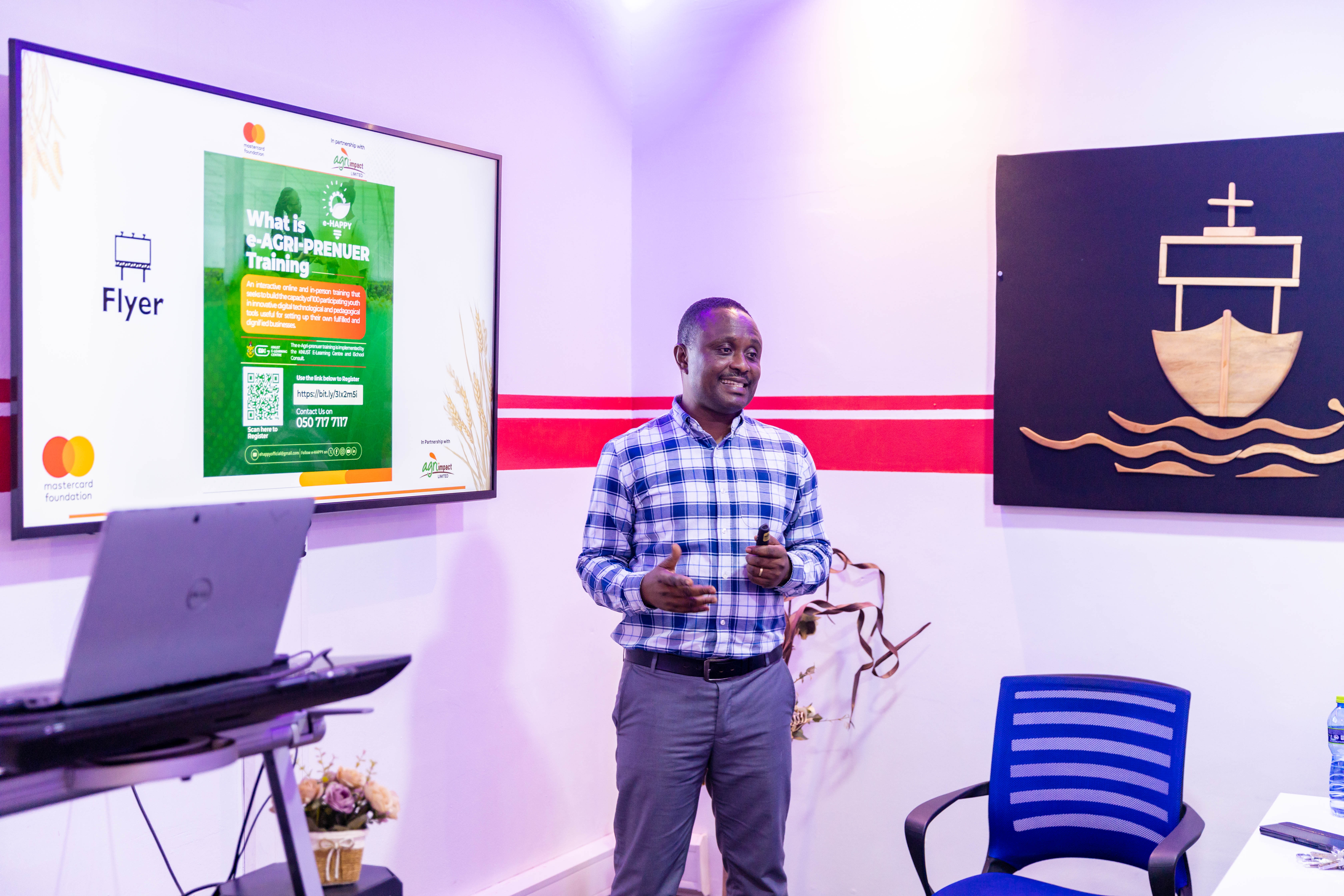
“I prefer some of the young trainees to share their testimonials and that should spur the program.
We must try as much as possible to shy away from preceding with the funfair. If we could have a cohort go through the training, they share this is where they were and this is what the training has provided for them. These are now the opportunities that we have.
That is the guidance I want to share for your consideration,” he said. The project will be implemented by NewAge Agric Solutions, National Service Scheme (NSS), Ghana Cares (MiDA), Ghana Enterprises Agency (GEA), Ministry of Food and Agriculture (MOFA), TechnoServe, Catholic Relief Services (CRS) and Jobberman.
Published: 2nd April, 2024 Source: KNUST E-Learning Centre
